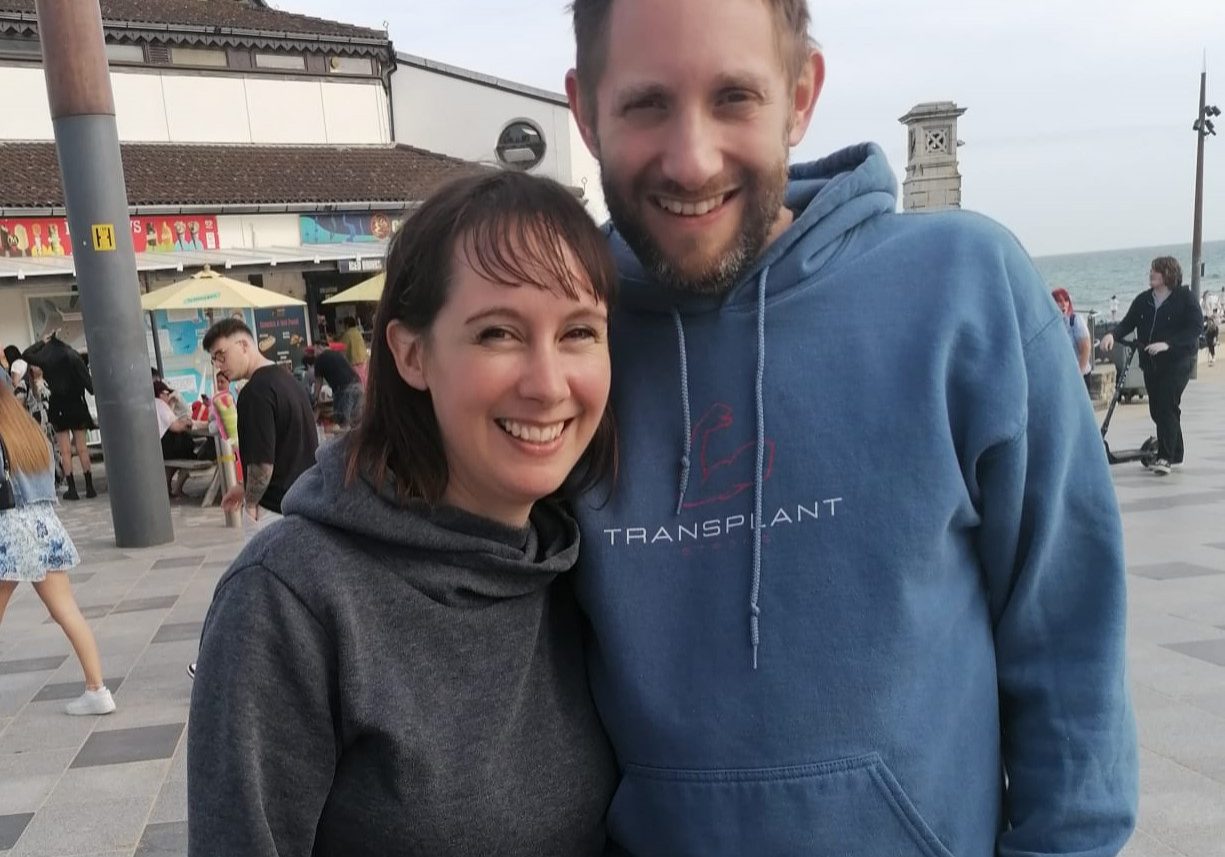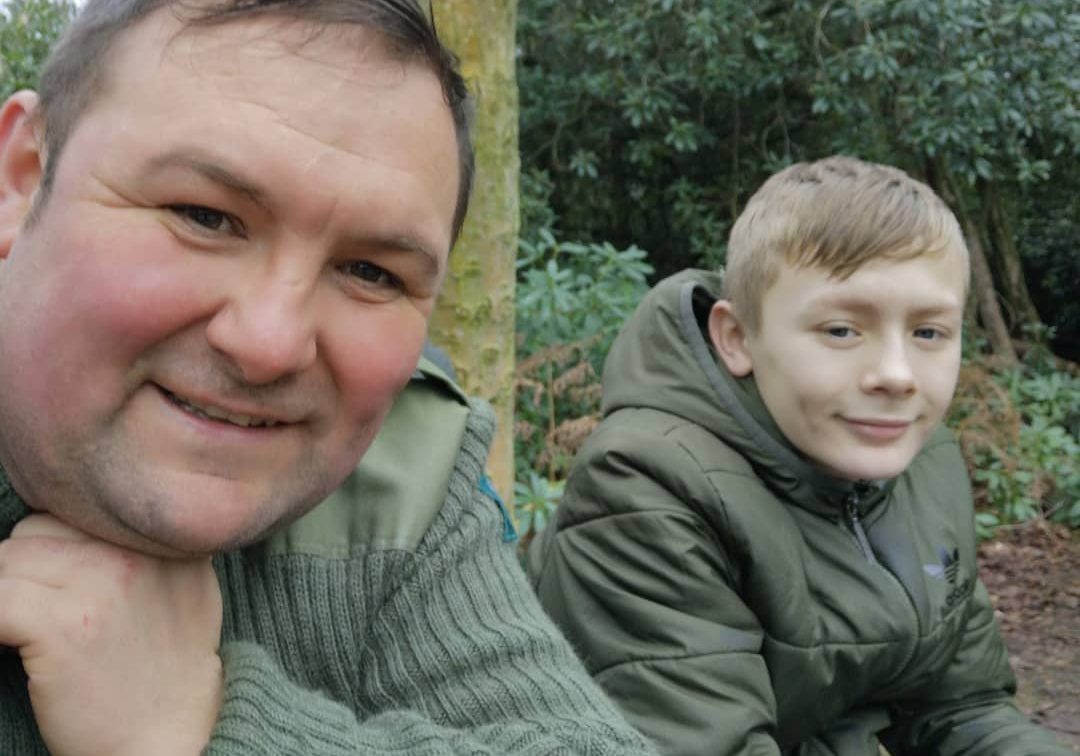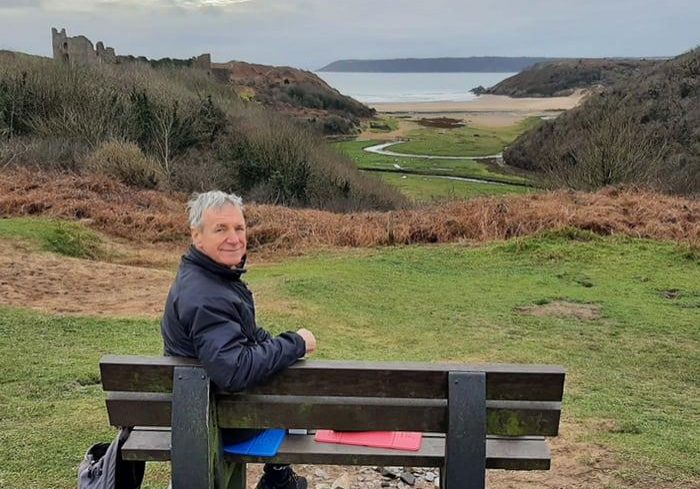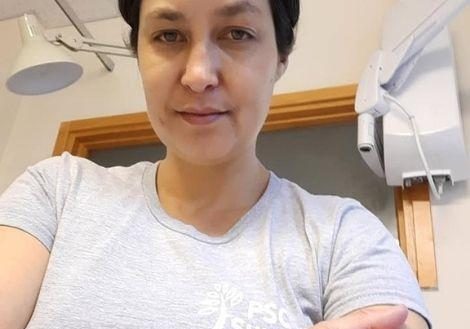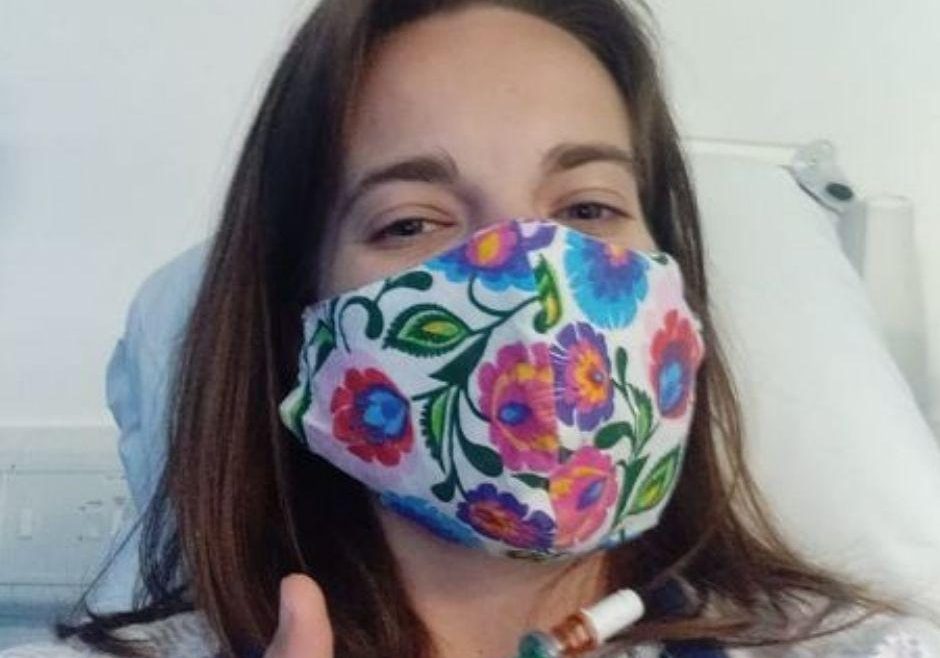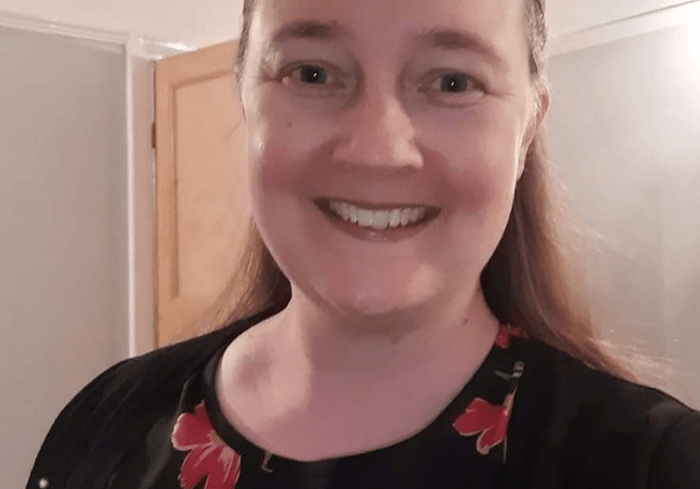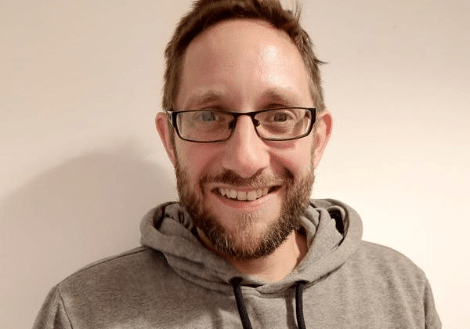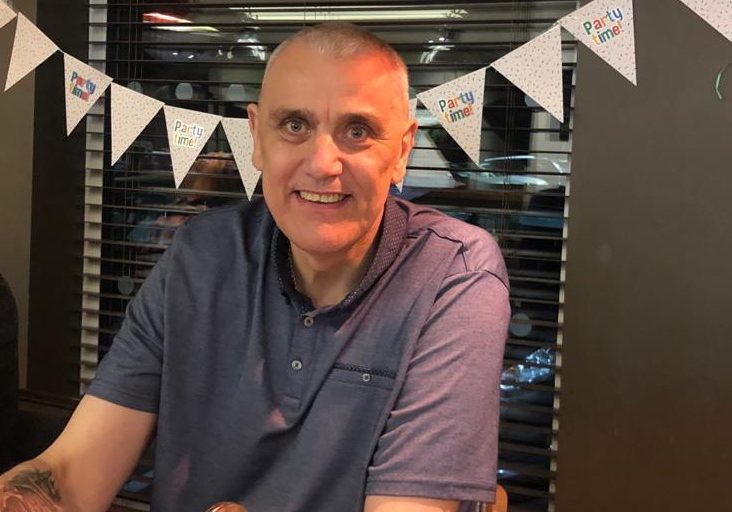Claire - Participating in Clinical Trials
People often ask us what taking part in research is like. Claire has taken part in eight studies and is the best person to tell us!
Claire expresses her frustration at not hearing about the results of the trials she has participated in. We agree! This is a huge issue. After all the commitment shown by participants in helping to develop safe and effective drugs, the very least they can expect to be told is how the research went and what happened with the development of that medicine.
Quick Links

I have always been asked if I want to participate in research and trials, also I make a point of asking what’s next.

My name is Claire. I am 56 years old
Briefly I had severe pregnancy itch in 1994 with my second child and my liver results never normalised. In 1997 I had my gallbladder removed due to stones, repeated biliary cholic and pancreatitis. Levels remained deranged and after numerous tests and biopsies I was referred for a second opinion to Oxford and diagnosed with small duct PSC in Dec 2007.
At some point in 2018 I was diagnosed with large duct PSC.
At the beginning there was limited research and in the main research was study- and data-based, but that has significantly changed during the last few years with more funding available.
I have participated in the following trials and research studies – all have been available to me through JR hospital Oxford. I am lucky this is a centre of excellence. My local hospital is in Swindon but I feel strongly I need to visit the experts to get the best care (it took a long time to be diagnosed). Although research may be coordinated from centralised hospitals such as Birmingham, London etc, most will reach out to the centres of excellence due to the rarity of the condition and needing sufficient volunteers to participate:
- October 2023 – PSC Itch study – Dr Palak Trivedi coordinating from Birmingham (bloods and questionnaires).
- October 2023 - SPRING drug trial/study for fibrosis restricting medication (drug infusion at hospital)
- Dec 2018 - Mar 2022 - NorUrso drug trial - NUC-5 Study (Tablets – take home)
- July 2018 - MoBILISE study 5 years (MRIs, bloods and Fibroscans)
- June 2018 – Fine Needle Aspiration biopsy as alternative to traditional Biopsy study.
- Jan 2018-Mar 2018 - BUTEO trial - anti-VAP-1 Monoclonal antibody (received drug) infusions
- 2016 - 2021 - Donating biopsy sample for biobank
- Feb 2013 - Blood samples for IgG4 Systemic Disease
I have always been asked if I want to participate in research and trials, also I make a point of asking what’s next.Some can run concurrently, so I may fill in questionnaires or give extra blood or tissue samples during a visit for another trial. The liver research nurses coordinate the appointments, doctors, scans etc to reduce unnecessary visits.

My view is that I cannot complain about the lack of treatment or answers if I don’t help with finding both.
Benefits
My view is that I cannot complain about the lack of treatment or answers if I don’t help with finding both.
I also benefit from building close relationships with the specialist nurses and doctors and have enhanced surveillance on my general health and wellbeing.
I have greater access through these relationships, so if I feel unwell or changed in some way I can pick the phone up, have a discussion and if needs be an appointment will follow, outside of my regular outpatient appointments.
I don’t have Crohns or UC and due to lack of medication available I have never had to stop the existing PSC tablets prescribed to me. I do have a number of other conditions (not uncommon) and take a lot of medications daily but I have never had to stop any of them when testing drugs. I know this can be a concern for people that makes them hesitant about participating in trials, worried they make themselves worse.
Study Visits
Most trials or research start the same with an in-person visit to the research hospital.
- Basic medical examination
- Blood tests, blood pressure, urine sample, height and weight checks, ECG possibly a Fibroscan
- Questionnaires – designed to ascertain the past / present and future whilst participating in research
- Some but not all may require an MRI or MRCP
- Some but not all may require a liver biopsy at the start and at the end
There is paperwork to be completed, risk assessments and consent forms to be signed – you can always pull out of a trial at any point should you wish to.
I would say that in my experience for tablet/capsule drug trials – you take the medication at home and visit the hospital periodically for repeated basic tests such as blood, ECG etc. Where the drug is an infusion this has to be done in a hospital under medical supervision as it requires setting up a drip and pump. I would imagine injections would be similar but I have not tested any drug given as a direct injection so cannot say for sure.
The doctor or research nurse will walk you though all the steps, arrange the appointments with you. You can also claim for expenses for travel, parking, meals, missed work etc should you wish to.
I normally take a bag with books, crochet, iPad, notepad and pen updates on any changes to my ‘other’ medications, food and drink and other bits to keep me comfortable as sometimes you can be waiting a while. For example, an infusion may take 2 hours, sitting /laying on a bed followed by another 2 hours of observation to ensure there is no adverse reaction before you can leave. Previously I worked from the hospital bed with my laptop responding to emails. Nowadays I enjoy having a lie down.
It's frustrating not knowing if you are having the drug or not but in my experience most trials have a higher than 50% chance of giving the drug rather than a placebo and I am happy with an increased chance – after all we don’t really have anything else available to us right now. The SPRING trial was a 70% chance which are favourable odds.
The rules and governance around trials is stringent and nothing like horror stories from the past. The drug companies are investing hundreds of thousands of pounds if not more in their search for treatment so there is a lot at stake.

I will always continue to participate in studies but I do get very frustrated with the distinct lack of feedback during or after the trial.
Change
I will always continue to participate in studies but I do get very frustrated with the distinct lack of feedback during or after the trial. Data Protection and Intellectual Property Rights are often used as reasons not to share, but if companies want people to continue to volunteer then doctor to patient feedback after a trial is a must.
After all they are falling over themselves to get you in the studies.
I have to say – I have heard nothing from any study. I look for outcomes on Twitter from EASL etc but I have never been offered any outcome data.
Thank you to Claire for telling us about her experience of taking part in research studies. If you'd like to share your experience, please get in touch!



